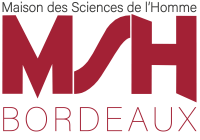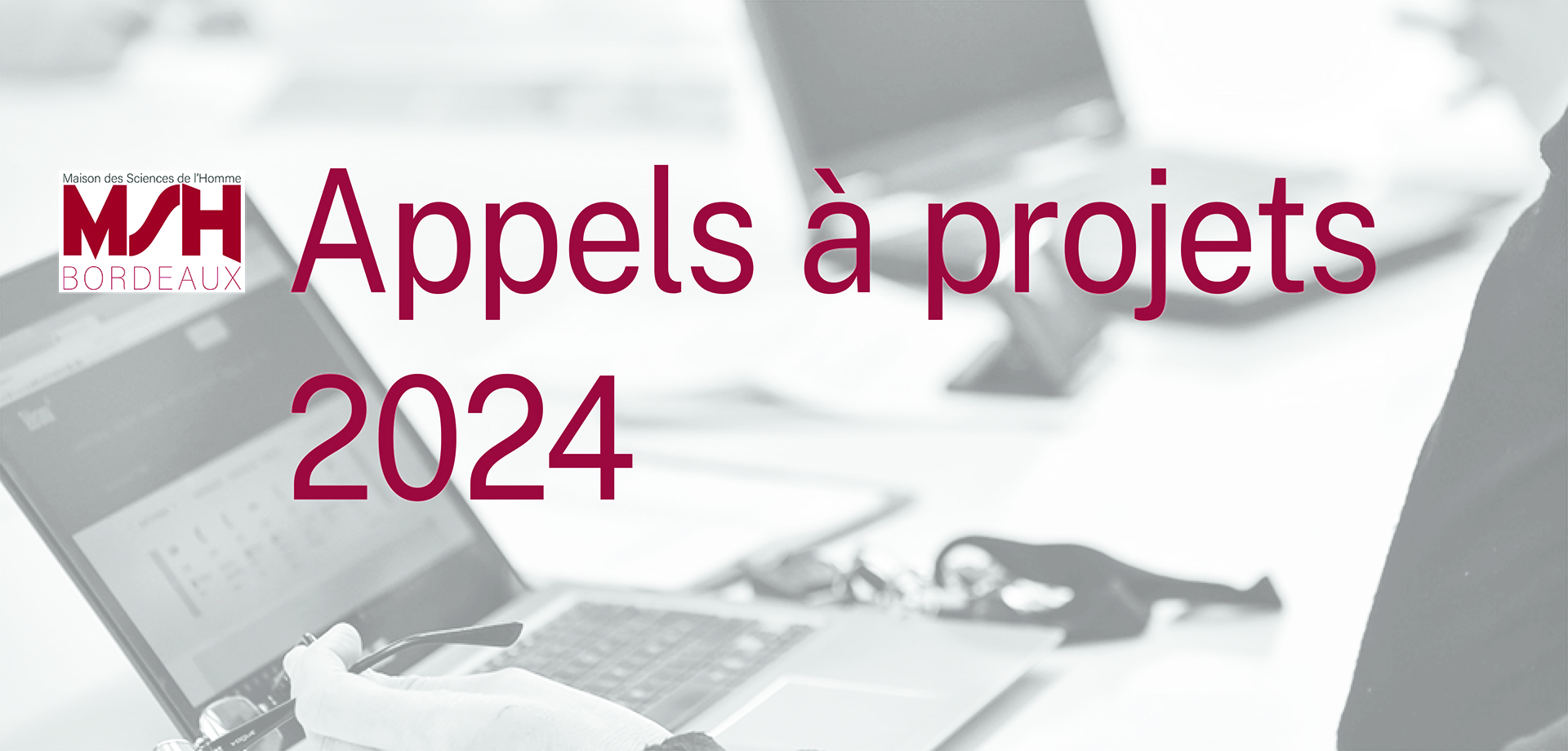
Call for papers
Study days: “Cities and universities: what heritage for what shared future? »
Bordeaux Montaigne University: Bordeaux House of Human Sciences
Jean Borde Room
October 19-20, 2023
Bordeaux Métropole has been committed, since 2010, to a profound urban regeneration of its campus through its contribution to the Bordeaux Campus Operation and the BIC Metropolitan Interest Operation for “Bordeaux Inno Campus”. Operation Campus intervenes on the real estate assets of universities and pursues the ambition of sustainable urban integration of campuses via permeability with the city and diversification of the functions and uses offered there. BIC, for its part, articulates urban development operations, new mobility and economic innovation defined in a roadmap for 2035: a development partnership project. If this project legitimately aims to revitalize an immense territory (1300 ha) where teaching and research establishments are concentrated but also hospital equipment and innovative companies, it is also an opportunity to take a look at the past to better project oneself. to the future.
This is why Bordeaux Inno Campus, in collaboration with the Maison des sciences de l'homme of Bordeaux-Montaigne University and the General Directorate of Planning of Bordeaux Métropole are organizing, in October 2023, study days dedicated to relations between cities and the university in a broad and diachronic heritage perspective.
If the architecture of universities and their campuses has already been the subject of numerous works, the relationships that the university maintains with the city, its built environment and its own heritage are subjects that remain to be explored. In a context marked in particular by the growing increase in the number of students, by the threats of global warming, by economic and energy insecurity, by the evolution of educational systems following the health crisis, the university is called upon to question its relationships with the existing and the city to reconsider the place it gives to the university and, more broadly, to higher education. Also, at a time when many campuses are facing profound restructuring, or even destruction, the question of the heritage status of these constructions marking the history of cities deserves particular attention today. These recent paradigm shifts encourage us to ask or re-examine certain questions: What are the historical links that make cities places of excellence for the development of knowledge and teaching? Which university territories are we talking about? What are the genesis processes? What urban and architectural forms have campuses, past and present, produced? How do cities and universities adapt to each other's changes? So many questions that question the material but also intangible cultural value of this heritage.
Communication proposals can be based on one of the following themes:
- Historical-geographical relations of universities: from the heart of cities (since the Middle Ages) to their peripheries (in the 21st century )
- Where and how to found new campuses? Changes in peri-urban territories, from a clean slate to rehabilitation
- New universities, new neighborhoods
- Reconversions and rehabilitations: heritage converted into universities
- Is there a university architecture? References, models and programs
- From colleges to campuses: programmatic changes
- Towards new models?
- Hospital campuses: what specificities?
- University collections and the intangible heritage of campuses
- University heritage: furniture, decor, collections
- University museums
- Heritage and memory of student life
- Managing a campus today
- What economic models?
- What partnerships?
- Prospective questions, which campuses tomorrow?
Proposals concerning the Bordeaux territory will be welcome but this call for papers is widely open to the sharing of experience with other cities, French or foreign, to cases of comparisons, or not.
One-page communication proposals accompanied by a title and a brief bibliography should be sent until April 24, 2023 to aac-patrimoine@u-bordeaux-montaigne.fr , accompanied by a short curriculum. vitae of the candidates including their contact details. The contribution may take the format of an oral communication (20 min) or a poster. In A0 format, the posters will present the problem, the method, the results of recent research and will be presented during a dedicated session.
The selected participants will be asked to start writing their communication from the study days, with a view to publication in 2024.
Download the AAC Heritage and University (pdf)
Projects supported by MSH Bordeaux as part of its AAP 2024
Call for papers international conference



